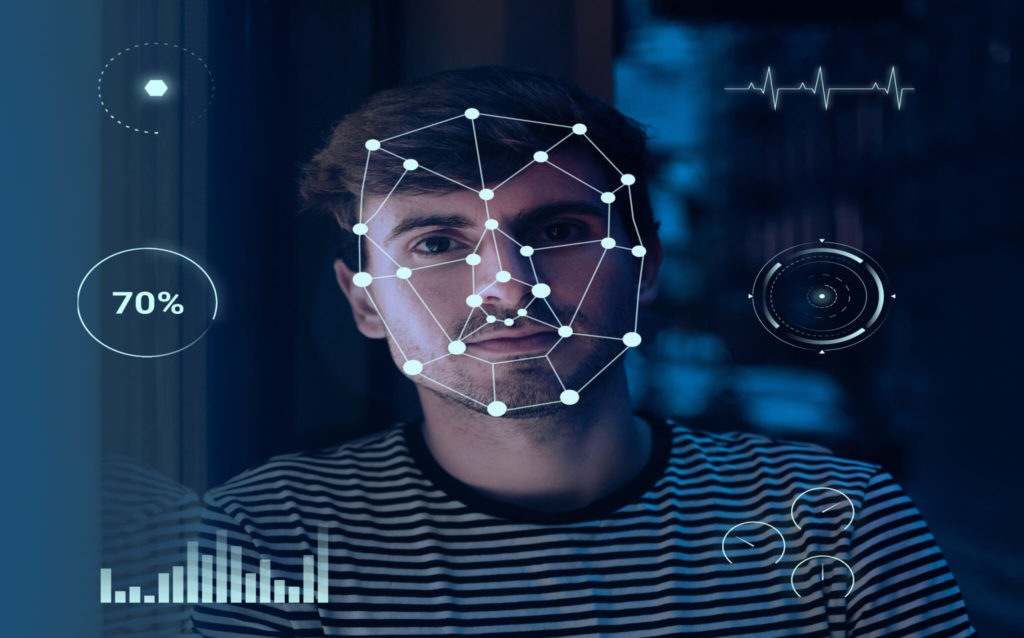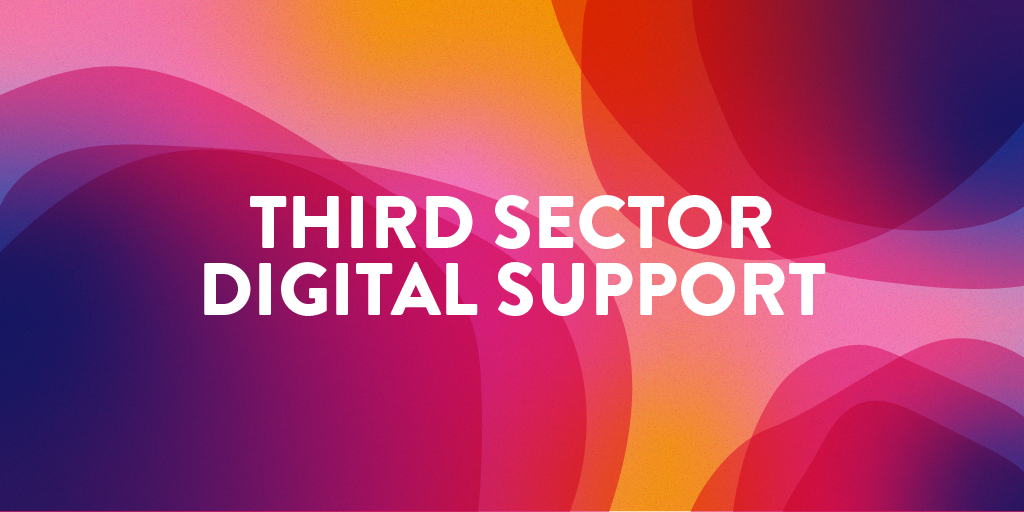
What’s The Fuss About Artificial Intelligence?

It seems that everywhere you turn these days, people are talking about AI. But is artificial intelligence something third sector organisations in Wales should be looking into to help with their work? Read on to find out more.
What is Artificial Intelligence (AI)?
Think about AI as an intelligent computer brain that can learn and do things like a human. It can understand and learn from information and make decisions.
Artificial Intelligence is probably around you in your day-to-day life without you even realising it, suggesting what film or TV show you should be watching next, helping your computer understand you when you talk to it, and (in the not-to-distant future in the UK) driving our cars for us.
AI can make things faster, smarter, and more convenient for the user. It learns from the information given to it, becoming better at tasks, just like we learn from our experiences. It is constantly developing and, over time, becomes more accurate.

How can AI help me in my work?
The systems and software that we use every day involve elements of AI. For example, Google search is powered by AI, helping search engines to find information quickly. AI can learn lots of data quickly and produce an output within seconds, allowing you to find answers to your problems efficiently.
One of the most common benefits of artificial intelligence is that it can help automate tedious work with fewer mistakes. An example is using AI to send meeting reminders or update information in a database. A machine learns from patterns, so it keeps this digital work accurate and reliable, as there’s no human error. If AI can handle repetitive tasks, like organising files or sorting emails, it saves time, allowing us to focus on more important or interesting tasks.
Chatbots powered by AI have grown in popularity. Many customer service centres use chatbots to help people find solutions to their problems. Whilst there’s always room for improvement, the idea is that more minor issues can be helped by a chatbot. This means that those experiencing complex problems can get quicker support from an actual person.
AI has developed to become more than text-based. Computers can understand human language using AI. When you talk to your computer, phone, or smart device, it understands what you’re saying. If you’ve used Amazon’s Alexa, Apple’s Siri, or Google Assistant, you’ve communicated with AI. One of the newer aspects of AI includes the ability to generate non-text-based content such as music, artwork, and graphics.

What are the challenges and risks associated with AI?
AI is constantly improving, but we still need to be cautious about how we use it and consider the possible problems it might cause.
One of the problems with AI is that it learns from data provided by humans. If that data isn’t accurate, reliable, or fair, it can impact the decisions that AI makes. Even without intending to, every AI system has biases based on those who created it and inputted data. This could affect things like who gets a loan or a job. In the wrong hands, it could result in machines learning dangerous things. This highlights the importance of ethics when developing AI digital tools.
Many people worry that AI can take over the need for humans to do jobs. Similarly, there are concerns that relying too heavily on AI can make us more dependent on machines, leading to losing current skills or knowledge. For example, using automated tills in shops means they don’t need a staff member at each till. There are arguments to the contrary that a decrease in some jobs leads to an increase in others – mechanics to fix the machines and engineers to develop AI.
There are also privacy and security concerns associated with AI. AI systems can be hacked and used negatively, like spreading fake information. As AI accesses our private data, such as our online activity and contact information, digital dangers like hacking can lead to privacy issues if the data isn’t carefully secured.

Exploring what AI can do
The best way to understand the capabilities of artificial intelligence is by exploring it yourself.
A great place to start would be to use a free OpenAI source such as Google Gemini or ChatGPT (3.5) to get to grips with AI’s capabilities. Type your prompt into the search box and look through the results.
Exploring software you might already use for work, such as Canva, can be a great way to explore non-text-based AI capabilities. For more information on this, click here.
Listen to this ERYICA podcast hosted by ProMo-Cymru’s Head of Development, Arielle Tye, exploring how AI impacts digital youth information. She chats to Alexandre Sayad, an academic and researcher in AI and ethics and co-chair of the UNESCO Media Information and Literacy Alliance.
Websites like Coursera and edX offer free and paid courses on AI and machine learning if you’d like to learn about how AI works in more detail.
If you want to explore further how AI could help your Third Sector organisation, or if you have any digital problems you’d like advice on, then book in for a free DigiCymru session with one of our digital experts. Find out more here.

To find out more about how this project can support your organisation, click the link or contact andrew@andrew-collins
This resource is funded through Third Sector Digital Support, a National Lottery Community Fund project to support the Welsh Third Sector with digital.
Halyna Soltys
4 October 2023

TSD Resources

Related Articles


ProMo Cymru
Signapse: Using AI to Improve Accessibility for BSL Users
ProMo Cymru is partnering with Signapse AI to make digital content more accessible through British Sign Language (BSL). Through this partnership, ProMo is exploring how AI assisted BSL translation can support digital communication while saving time and reducing barriers to implementation. Signapse is a Deaf-first organisation using AI to translate written content into high-quality sign […]


News
From Wales to Malta: Highlights from the 4th European Youth Work Convention
Earlier this year, ProMo Cymru’s Communication and Content Officer, Halyna Soltys, had the opportunity to attend the 4th European Youth Work Convention in Malta. The event, which only happens every 5 years, brought together over 500 members of the youth work community, including policymakers, researchers, and youth workers. The convention was a huge learning experience […]


Codesign
Transforming Youth Mental Health Access Through Co-production in Gwent
Young people and mental health professionals are working together to directly improve services for youth in Gwent. Young people co-leading the Mind Our Future Gwent (MoFG) project have been working with Gwent SPACE-Wellbeing Panels to improve access to mental health services. The panels are a single point of access for children’s emotional wellbeing and mental […]
